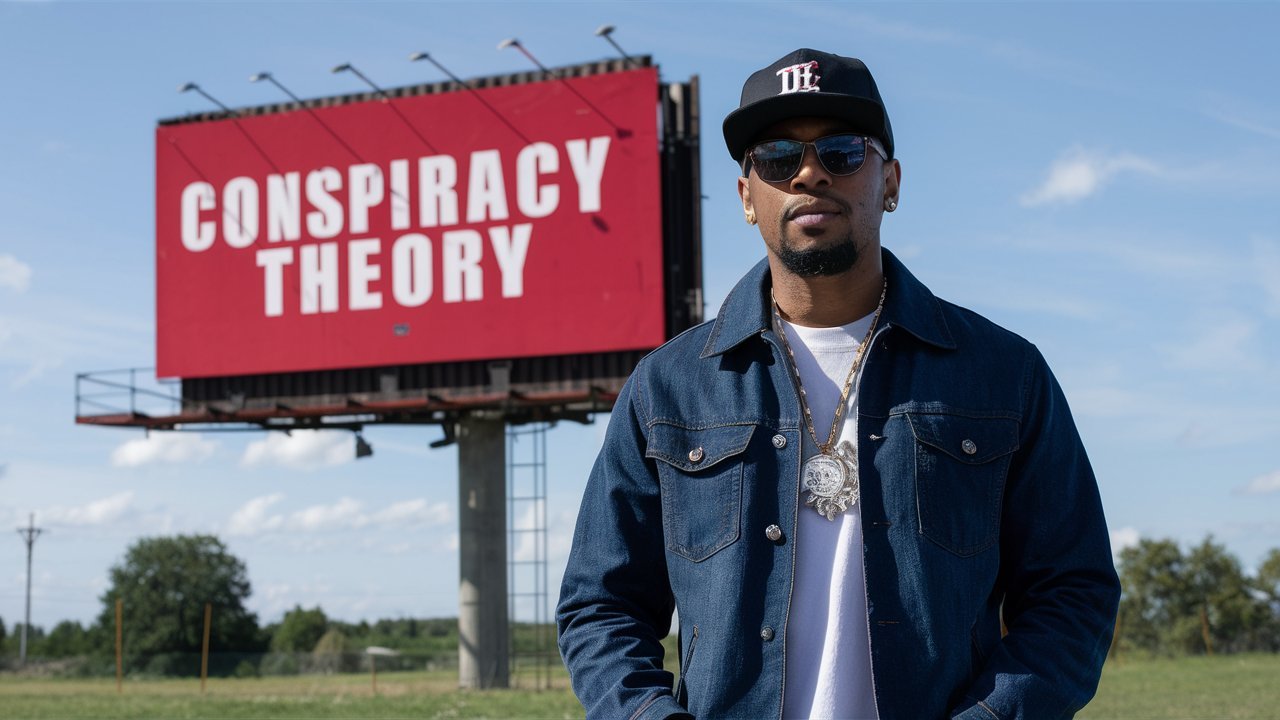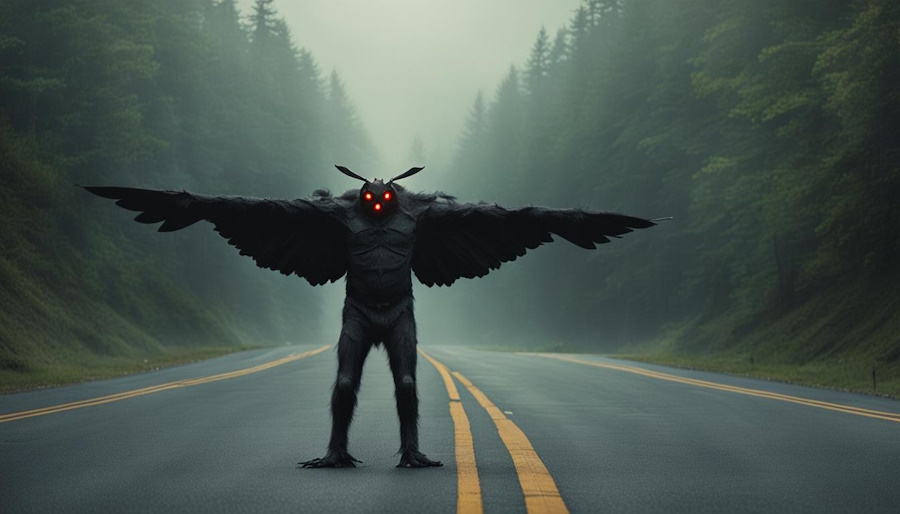
The Diddy Conspiracy Theory is a controversial belief that music mogul Sean “Diddy” Combs, formerly known as Puff Daddy, has been involved in various nefarious activities within the music industry. This theory alleges that Diddy was responsible for the deaths of iconic rappers Tupac Shakur and The Notorious B.
G., as well as his alleged involvement in the Illuminati and mistreatment of artists under his label. The impact of this conspiracy theory on the music industry has been significant, with many fans and critics questioning Diddy’s credibility and reputation. In this blog post, we will examine the origins, allegations, and impact of the Diddy Conspiracy Theory, as well as its potential motivations and validity.
The Origins of the Diddy Conspiracy Theory: A Brief History
Diddy rose to fame and success in the music industry in the 1990s as a rapper, producer, and entrepreneur. He founded Bad Boy Records, which became one of the most influential hip-hop labels of its time. However, it was during this period that the events occurred that led to the emergence of the Diddy Conspiracy Theory.
The deaths of Tupac Shakur and The Notorious B.
G., two of the most iconic figures in hip-hop history, played a significant role in fueling the conspiracy theory. Tupac was shot and killed in 1996, while Biggie was murdered in 1997. Both cases remain unsolved to this day, leading to speculation and theories about who was responsible for their deaths.
The Allegations Against Diddy: What are They?
The main allegations against Diddy revolve around his alleged involvement in the deaths of Tupac Shakur and The Notorious B.
G. Many conspiracy theorists believe that Diddy orchestrated these murders as a way to eliminate his competition in the music industry. However, there is no concrete evidence to support these claims, and law enforcement agencies have not implicated Diddy in any criminal activity related to these cases.
In addition to the murder allegations, Diddy has also been accused of being a member of the Illuminati, a secret society believed by some to control world events and manipulate the entertainment industry. This allegation is often based on symbolism and imagery used in Diddy’s music videos and performances.
Furthermore, there have been claims that Diddy mistreats artists under his label, exploiting them for his own financial gain. These allegations include unfair contracts, unpaid royalties, and controlling behavior. However, it is important to note that these claims are largely anecdotal and have not been proven in a court of law.
Diddy’s Response to the Conspiracy Theory
Diddy has publicly addressed the conspiracy theory on multiple occasions. He has vehemently denied any involvement in the deaths of Tupac Shakur and The Notorious B.
G., stating that he had nothing but love and respect for both artists. He has also dismissed the Illuminati allegations as baseless and unfounded.
Diddy’s responses to the conspiracy theory have varied over time. In some instances, he has chosen to ignore the allegations and focus on his music and business ventures. In other instances, he has directly addressed the conspiracy theory in interviews and social media posts. However, it is unclear whether his responses have helped or hurt his reputation, as the conspiracy theory continues to persist despite his denials.
The Role of Social Media in Spreading the Diddy Conspiracy Theory
Social media has played a significant role in the spread of the Diddy Conspiracy Theory. Platforms like Twitter, Facebook, and YouTube have allowed conspiracy theorists to connect with like-minded individuals and share their beliefs with a wider audience. Influencers and online communities dedicated to discussing conspiracy theories have also contributed to the spread of this theory.
The viral nature of social media has allowed the Diddy Conspiracy Theory to gain traction and reach a larger audience than ever before. The speed at which information spreads on these platforms has made it difficult for Diddy to control the narrative and counter the allegations against him. Additionally, the echo chamber effect of social media has created an environment where conspiracy theories can thrive, as like-minded individuals reinforce each other’s beliefs.
The Impact of the Diddy Conspiracy Theory on Diddy’s Reputation
The Diddy Conspiracy Theory has had a significant impact on Diddy’s reputation and career. While he remains a successful and influential figure in the music industry, there are many fans and critics who view him with skepticism and suspicion. The allegations against him have tarnished his image and raised questions about his integrity and character.
Furthermore, the conspiracy theory has affected Diddy’s relationships with other artists and industry professionals. Some artists have distanced themselves from him, fearing that association with him could harm their own reputations. Others have publicly criticized him, calling for accountability and transparency.
The Legal Implications of the Diddy Conspiracy Theory
The Diddy Conspiracy Theory raises potential legal implications, particularly in terms of defamation and libel. If false statements are made about Diddy that harm his reputation, he may have grounds to pursue legal action against those spreading the conspiracy theory. However, proving defamation can be challenging, as it requires demonstrating that false statements were made with malicious intent or reckless disregard for the truth.
Diddy could also potentially pursue legal action against social media platforms or individuals who have shared defamatory content about him. However, this would require identifying the individuals responsible for spreading the conspiracy theory, which can be difficult in an online environment where anonymity is common.
The Potential Motivations Behind the Diddy Conspiracy Theory
There are several potential motivations behind the Diddy Conspiracy Theory. Jealousy is often cited as a driving force, as Diddy’s success and wealth have made him a target for those who feel resentful or envious. Racism and anti-Semitism may also play a role, as Diddy is a prominent African American figure in a predominantly white industry.
Additionally, the allure of conspiracy theories themselves can be a motivating factor. Conspiracy theories provide a sense of excitement and intrigue, allowing individuals to feel like they are part of a secret knowledge or hidden truth. This can be particularly appealing in the context of the music industry, which is often associated with mystery and secrecy.
Debunking the Diddy Conspiracy Theory: Is there any Truth to it?
Experts and industry professionals have debunked the Diddy Conspiracy Theory, citing lack of evidence and logical inconsistencies. Law enforcement agencies have not implicated Diddy in any criminal activity related to the deaths of Tupac Shakur and The Notorious B.
G. Furthermore, the Illuminati allegations are largely based on symbolism and imagery that can be interpreted in multiple ways.
In terms of the mistreatment allegations, it is important to note that the music industry as a whole has faced criticism for its treatment of artists. While there may be legitimate concerns about unfair contracts and exploitation, it is unfair to single out Diddy without considering the broader context.
What can we Learn from the Diddy Conspiracy Theory?
The Diddy Conspiracy Theory serves as a cautionary tale about the power of social media and the importance of critical thinking and fact-checking. It highlights how easily misinformation can spread and how difficult it can be to counter false narratives once they gain traction.
Furthermore, the Diddy Conspiracy Theory raises important questions about our society’s fascination with conspiracy theories and our tendency to vilify successful individuals. It reminds us to approach sensational claims with skepticism and to consider the motivations behind those spreading them.
In conclusion, while the Diddy Conspiracy Theory has had a significant impact on Diddy’s reputation and career, it is important to critically evaluate the allegations and consider the lack of evidence supporting them. As consumers of media, we have a responsibility to seek out reliable sources and engage in thoughtful discourse rather than blindly accepting conspiracy theories.



